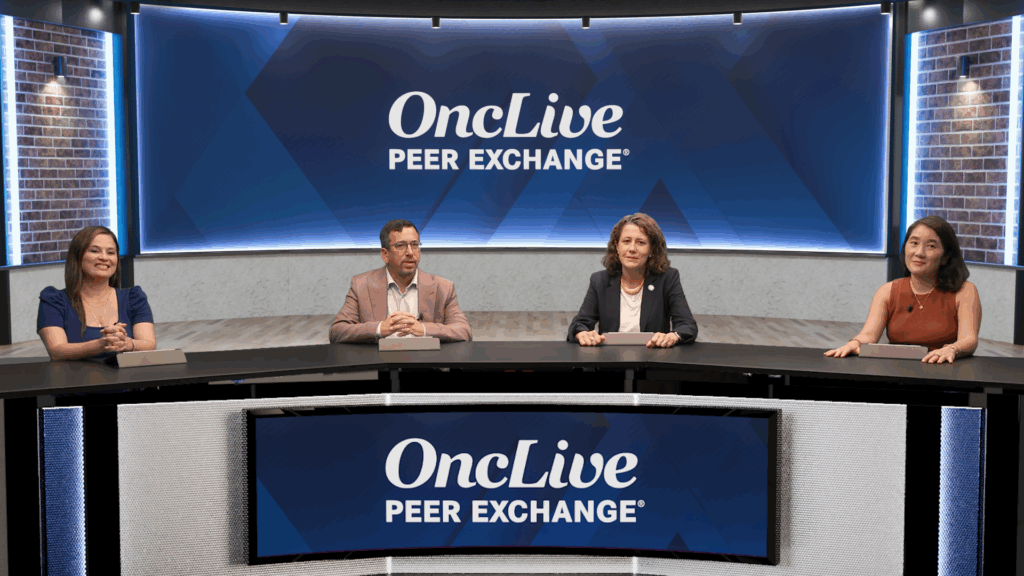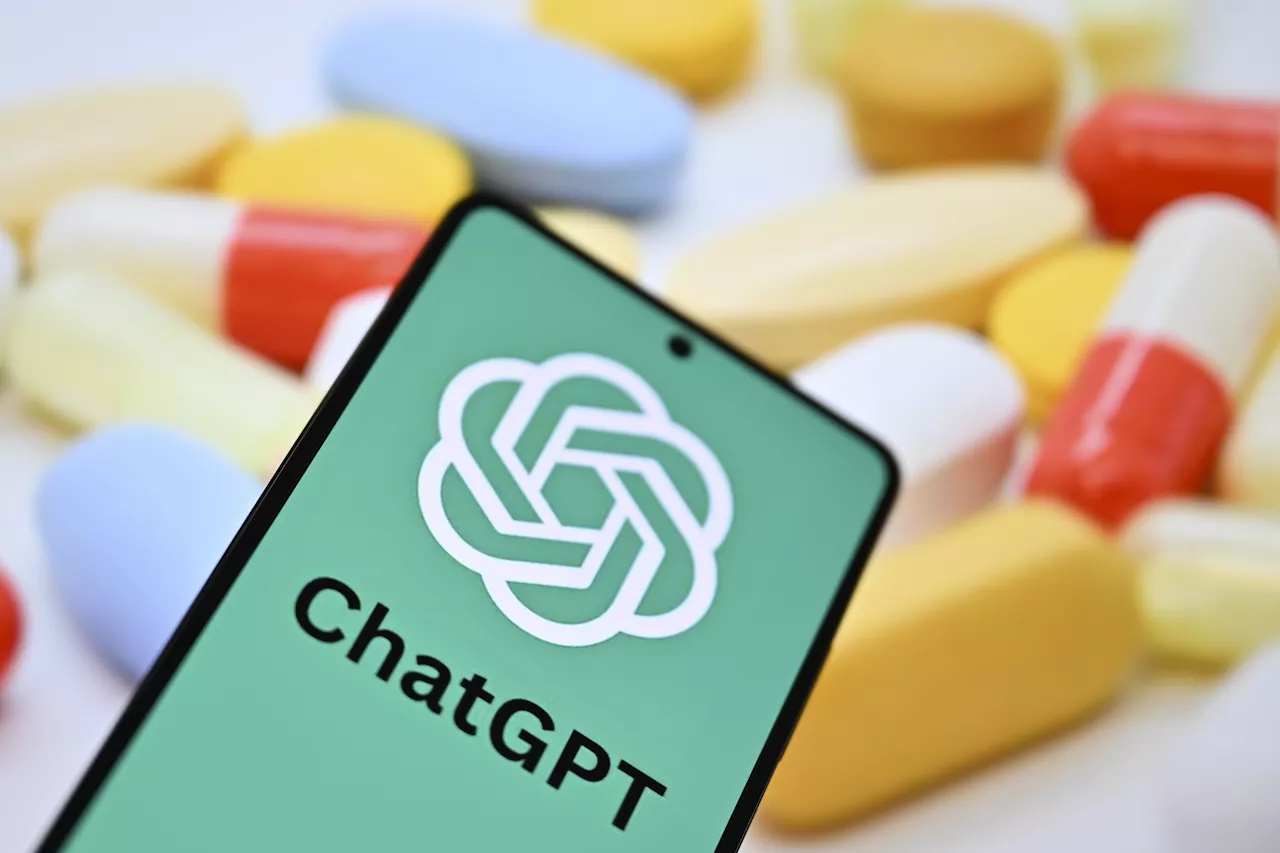
Recent advancements in the treatment of EGFR-mutated non-small cell lung cancer (NSCLC) are pushing the boundaries of targeted therapies. Researchers are now exploring innovative immune-based strategies and antibody-drug conjugates (ADCs) to improve patient outcomes. A notable example is the bispecific antibody targeting both PD-1/PD-L1 and VEGF, assessed in the Harmony trial. While the trial reported an increase in progression-free survival when combined with chemotherapy in the second-line setting, it did not achieve its co-primary endpoint of overall survival.
This outcome highlights the persistent challenge of effectively utilizing immunotherapy in EGFR-mutant lung cancer, where historical responses to checkpoint blockade therapies have been limited. Although the findings contribute valuable insights to the ongoing discussion, the medical community continues to seek transformative immune-modulating treatments, potentially incorporating cellular therapies or unique combinations.
Emerging ADC Approaches Show Promise
Another significant area of exploration involves the integration of ADCs into the therapeutic landscape for lung cancer. The recent approval of a TROP2-directed ADC by the FDA presents an alternative treatment mechanism for patients whose disease has progressed following targeted therapies. Initial results, including pooled data from various clinical trials, indicate encouraging survival outcomes and activity within the central nervous system, a common site of progression for those with EGFR-mutant disease.
Currently, this therapy is utilized in later lines of treatment, but its notable efficacy and manageable toxicity profile have prompted discussions about its potential earlier use in treatment protocols. Ongoing trials are examining combinations with EGFR tyrosine kinase inhibitors (TKIs) and conducting head-to-head comparisons against traditional chemotherapy.
Shifting Treatment Strategies
Together, these developments signify a significant expansion of therapeutic strategies that extend beyond conventional TKIs. While EGFR-targeted therapies remain essential, the introduction of immune-modulating agents and ADCs offers additional options that may function through complementary mechanisms. This diversification is particularly relevant for patients with atypical EGFR mutations or those who have demonstrated limited responses to prior therapies.
As data from ongoing trials continue to mature, the medical community recognizes that carefully structured sequencing and combination strategies will be crucial. These approaches aim to maximize patient benefit while effectively managing potential toxicity. The evolving landscape of lung cancer treatment underscores an exciting era where innovative therapies could significantly improve outcomes for those affected by this challenging disease.







